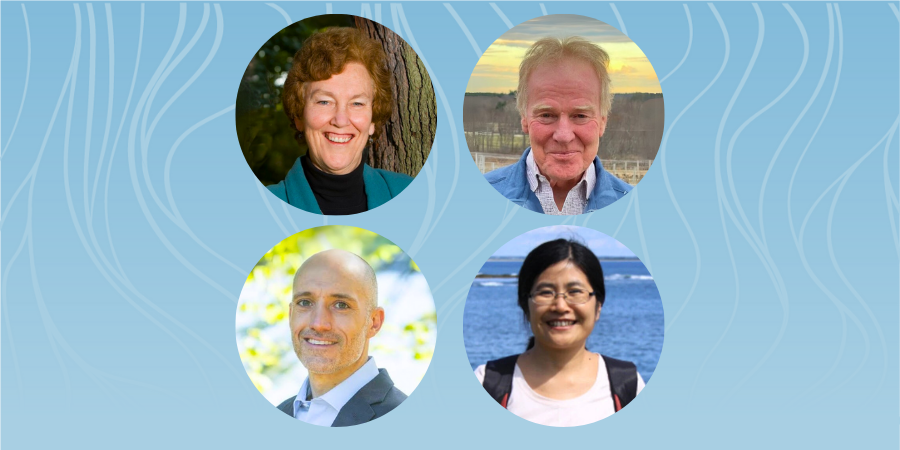
Co-sponsored by the Pathways to Planetary Health initiative at the Garrison Institute and the Yale Forum on Religion and Ecology
Why Ecological Civilization, and Why Now?
In this session, we will outline the 4-part Global Speaker Series by focusing on: What is Ecological Civilization and why is it important now? How can economic growth be reconciled with ecological limits? How do modern expressions of very old ideas contribute to Ecological Civilization?
We will explore these questions through the lens of China’s Ecological Civilization vision – including human development, sustainable development, and practical implications such as reforestation, regeneration, and the Great Green Wall. We will also explore communitarian models of service, social harmony, ethics, and education at the heart of Confucianism, and what this means for society and cultural resilience.
Key aims:
- Learn how the concept of Ecological Civilization is being understood in China and implemented in Chinese environmental policy today.
- Explore opportunities that an Ecological Civilization vision creates along with challenges that it faces.
- Consider the key roles that cultural and ethical frameworks can play in shaping environmental policy and action.
- Appreciate how traditional spiritual and ethical systems—like Confucianism, Daoism, and Buddhism—can reshape our understanding of environmental responsibility.
TIMING
We will conduct this live Forum on Zoom at 7:00 p.m. ET on Thursday August 28, 2025. After registering, you will receive a Zoom link to join the session.
SPEAKERS
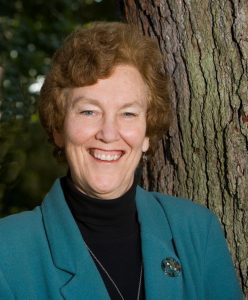
Mary Evelyn Tucker, PhD, co-directs the Yale Forum on Religion and Ecology, which examines cultural and religious values for broadened environmental ethics. This arose from a series of 10 conferences at Harvard on world religions and ecology that she organized with John Grim. She has published several books on Confucianism including The Philosophy of Qi. She co-edited Confucianism and Ecology (Harvard) and two volumes with Tu Weiming on Confucian Spirituality. She is the co-author of Journey of the Universe with Brian Thomas Swimme and the executive producer of the Emmy Award winning Journey film. This was inspired by Thomas Berry whose books she edited and whose biography she wrote with John Grim.They have been traveling in China since 1985 studying Ecological Civilization.
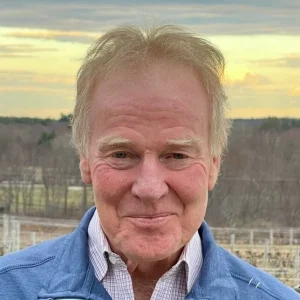
Peter Senge, PhD, is Co-Founder of the Center for Systems Awareness and Senior Lecturer in Leadership & Sustainability at MIT. Peter has been at the forefront of organizational learning since publishing his classic text, The Fifth Discipline, which provided theories and methods to foster aspiration, develop reflective conversation, and understand complexity in service of shaping learning-oriented organization cultures. Throughout his career, Peter asks “how do we create the conditions for people to work together at their best, cultivating the innate systems intelligence that is our birthright but is all but lost in modern culture?”
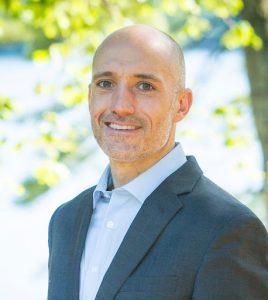
Stephen Posner, PhD, is Director of the Pathways to Planetary Health initiative at the Garrison Institute. He has published over 50 technical and non-technical articles on sustainability science, leverage points for change, and methods for assessment of social and ecological systems. Stephen applies science integrated with contemplative practices to help align human systems with nature. He builds understanding across cultures and sectors and serves as a trusted advisor. Stephen was given a copy of the I Ching in his mid 20s and has practiced Qigong and Tai Chi for only 5 years.
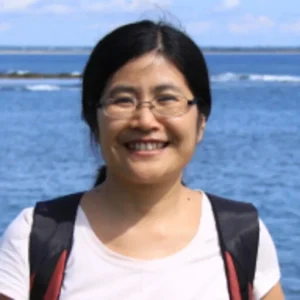
Yan Zhu, PhD, is an ecologist at Yale University and the Chinese Academy of Sciences. She is widely published in scientific journals on the environment. Her research focuses on mechanisms of species coexistence of biodiversity and forest ecosystem services. Originally from China, she seeks to bridge local ecological wisdom, such as the harmony between heaven and humans (Tian-Ren He-Yi ) and community-based practices, with global scientific dialogue. She is dedicated to building cross-cultural understanding, advancing research, and sharing knowledge together with ecological environments. She believes that culture- and nature-based solutions can reinforce one another for a more sustainable future of the mutual flourishing of all beings (Wan-Wu Gong-Sheng ). This is part of China’s aspiration for building Ecological Civilization.
Cultivating Ecological Civilization: Wisdom, Practice, and Systems Change
A Global Speaker Series
Join us for our global speaker series that seeks to explore and activate the concept of Ecological Civilization – a guiding philosophy and policy framework for how a nation can balance human development, social development, and environmental stewardship.
These online dialogues with thought leaders in the field will focus on China’s model as a case study of integrating cultural, spiritual, political, economic, and ecological dimensions when technological solutions alone are proving insufficient for addressing the deeper roots of our planetary predicaments.
We will reflect on how insights from China’s aspirations, experiments, and serious efforts to address their own internal challenges might inspire grounded and integrative approaches to Ecological Civilization in Western contexts.
Hosted by Stephen Posner, PhD, Director of our Pathways to Planetary Health initiative; Mary Evelyn Tucker, Co-Director of the Yale Forum on Religion and Ecology; Peter Senge, Co-Founder of the Center for Systems Awareness and Senior Lecturer in Leadership & Sustainability at MIT; and esteemed guests Zhu Yan, Yao Xinhong, Binbin Wang, and Hazim Xie.
This series builds from an initial conversation among Mary Evelyn, Peter, and Stephen in spring 2025 focused on The Ecological Turn: Bridging Wisdom from Contemplative Traditions with Ecological Ways of Life.
We will conduct these LIVE forums on Zoom from 7:00 – 8:15pm ET on
August 28
October 6
November 5
Please contact us for questions and inquiries at events@garrisoninstitute.org.

